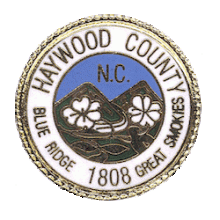Feasibility Study Offers Food For Thought In Fort Collins, CO
Fort Collins has the numbers, now it must weigh its options as it steps forward. This month the City Council received the results of a feasibility study it commissioned late in 2015 to help fill in its Broadband Strategic Plan. The results, along with city staff analysis, are now available for review (item no. 3 from the Aug. 23rd meeting).
A Growing Interest
Last fall, voters chose to reclaim local authority by opting out of Colorado’s SB 152, which in 2005 took away local telecommunications infrastructure decisions from municipalities. A resounding 83 percent of voters voiced their desire to have the option to develop a municipal utility. Local media and businesses had expressed their support for better connectivity through public ownership. Residents wrote to local papers describing how Fort Collins needed better Internet access to spur economic development. Clearly, the momentum was running strong.
Examining Several Options
The study examined several possible models, including retail, wholesale, and public private partnership models. The staff summary of the report suggests that staff consider a retail model, while more expensive to deploy, the least risky of those examined. From the staff summary:



